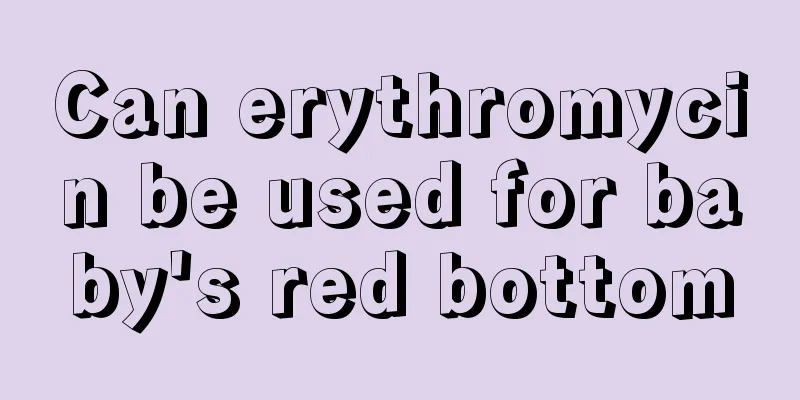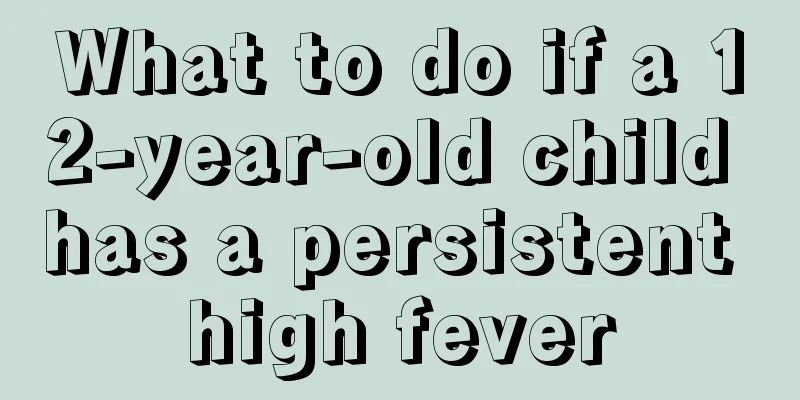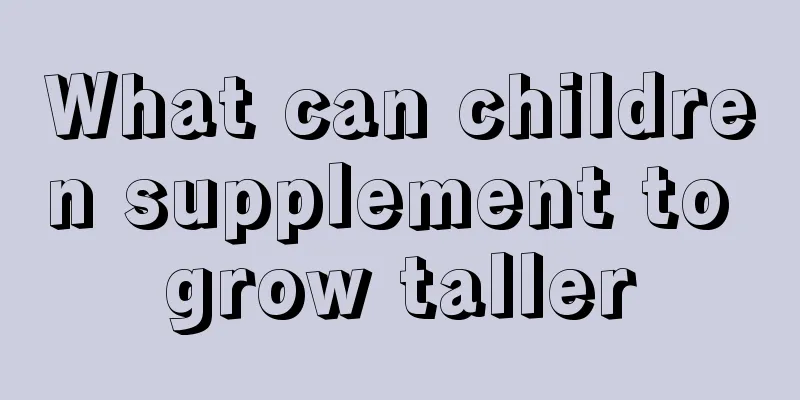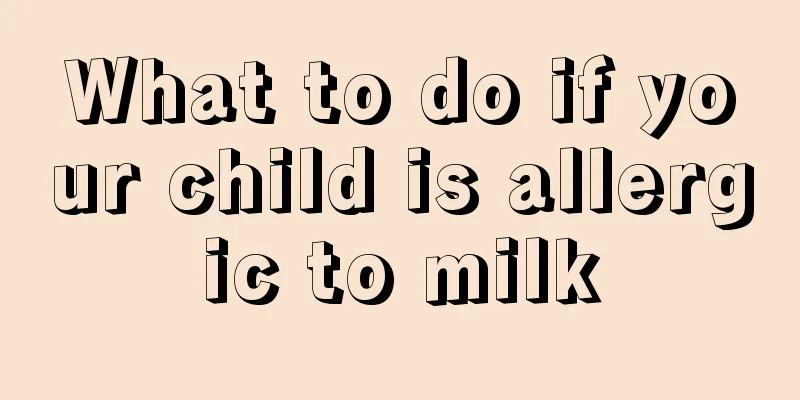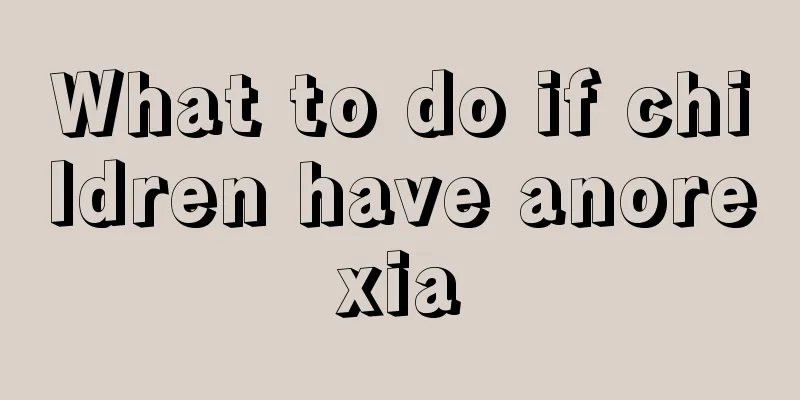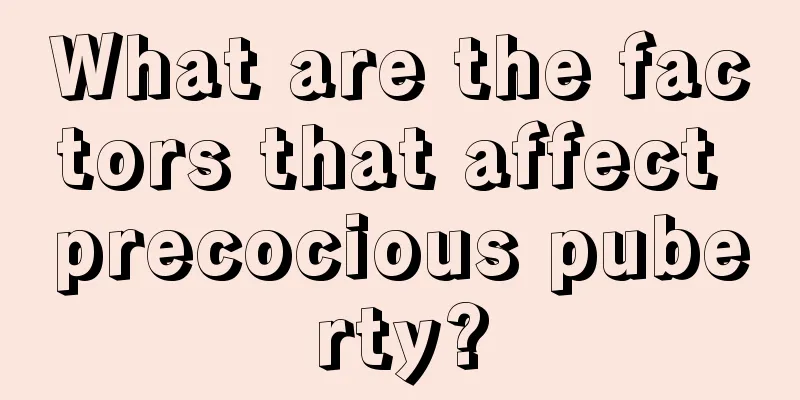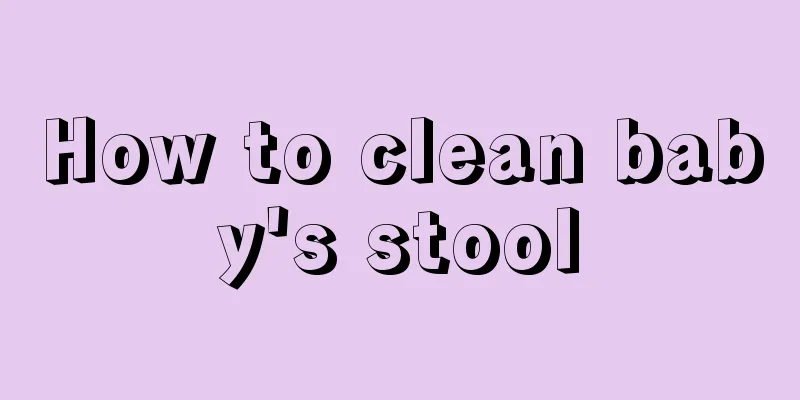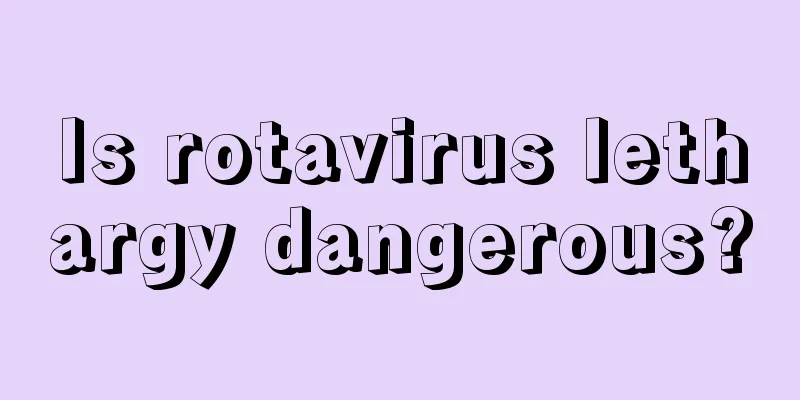What to do if children's tonsils are repeatedly inflamed and suppurated
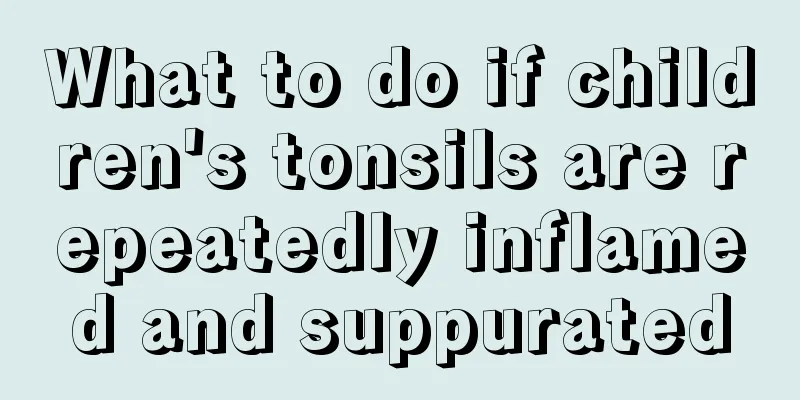
|
Tonsillitis in children is a common disease. When children have tonsillitis, they will have symptoms of coughing. However, if it is more serious, it will also cause fever, or high fever that will not subside. It is still difficult to endure during the day, but it is not okay at night, especially in the middle of the night. They often wake up with coughing, or even have a fever in the middle of the night. So what should I do when my child's tonsils are inflamed and pus is formed? Tonsils are located deep in the human mouth, on the side wall of the pharyngeal isthmus between the palatoglossal arch and the palatal pharyngeal arch. They are commonly known as tonsils. They develop in childhood and gradually shrink in adulthood. Because tonsils are located at the strategic point of the throat and have close contact with the outside world, and the temperature and humidity inside the tonsils are very suitable for bacterial reproduction, when the body's resistance is reduced, it is easy to be attacked by bacteria and become inflamed. There are pros and cons to having your tonsils removed: Tonsils are the largest lymphoid tissue in the pharynx. During childhood, it is an active immune organ that contains lymphocytes at various stages of development, such as T cells, B cells, macrophages, etc. Therefore, it not only has humoral immunity, producing various immunoglobulins, but also has certain cellular immunity. The immunoglobulin IgA produced by tonsils has strong immunity, which can inhibit the adhesion of bacteria to the respiratory mucosa, inhibit the growth and spread of bacteria, and also has a neutralizing and inhibitory effect on viruses. IgA can also enhance the function of phagocytes through complement activation. These are most active between the ages of two and five. From an immune point of view, tonsils should not be removed casually due to their immune effects on the body. Enlarged tonsils in children are a normal physiological phenomenon. If the enlargement does not affect breathing and swallowing and does not cause serious clinical manifestations, they should not be removed. Because resection may affect the local immune response and reduce the body's ability to fight infection. If tonsillitis recurs, interferes with breathing and swallowing, and causes diseases such as rheumatism and nephritis, it should be removed promptly. Generally, tonsillectomy for children should be performed after the age of four, and it is more appropriate to wait two to three weeks after the inflammation subsides. However, if the attacks are too frequent and you cannot wait too long, you may consider having surgery a few days after the attacks subside. Regarding whether tonsillectomy is necessary: Tonsillectomy may be necessary if there are frequent episodes of tonsillitis, or if the tonsil disease affects the child's overall health or causes the child to interrupt his or her education, or affects hearing or breathing. However, sometimes tonsillectomy is unnecessary and other problems should be considered if the diagnosis is in doubt. Indications for tonsillectomy include: tonsillitis occurs four or more times a year; tonsillitis occurs three or more times a year within two years; upper airway obstruction caused by swollen tonsils, resulting in severe snoring, difficulty swallowing, unclear pronunciation, etc.; one or more tonsillar abscesses; tonsils cause systemic diseases and become focal tonsils; repeated inflammation of the tonsils causes repeated attacks of rhinitis, otitis media, tracheitis, etc. or long-term treatment is unrecoverable. When a child's tonsils are inflamed, let the child drink plenty of water and give the child some anti-inflammatory drugs. However, it is best not to take cephalosporin as an anti-inflammatory drug. You can take a little less. It is not suitable for children to use it for a long time. It is best for us to choose dietary therapy for children to relieve and treat tonsillitis. |
<<: What are the symptoms of ADHD in children?
>>: What should I do if my child’s throat becomes festering?
Recommend
What are the common symptoms of fever in infants and young children?
Children's colds are usually accompanied by s...
At what age should children with crooked teeth be corrected?
If a child's teeth are crooked, parents will ...
What to do if your newborn baby has tears in his eyes
The care for newborns must be comprehensive. Many...
What to eat for active kids?
The survival pressure in today's society is h...
What causes precocious puberty
Nowadays, the reasons that may lead to precocious...
What to do if your child has precocious puberty
Many parents may not know much about precocious p...
Is it good for children to eat goose eggs?
Goose eggs are a very nutritious food. Children c...
Kawasaki disease symptoms in children
Kawasaki disease is a common disease in children....
What is the cause of the red pimples on the child's legs?
When taking care of their children, many parents ...
What to do if your newborn scratches his face
Everyone knows that newborns are naughty little t...
The dangers of trocars
Children's bodies are not fully developed yet...
How to balance the baby's armpit temperature
Nowadays, infant diseases are rampant and many in...
Sequelae of clavicle fracture in children, beware of deformity
If an infant or young child has a clavicle fractu...
What to do if your one and a half year old baby grinds his teeth
For children, if they grind their teeth while sle...
Symptoms of mental retardation
In the context of eugenics and good parenting, wh...
